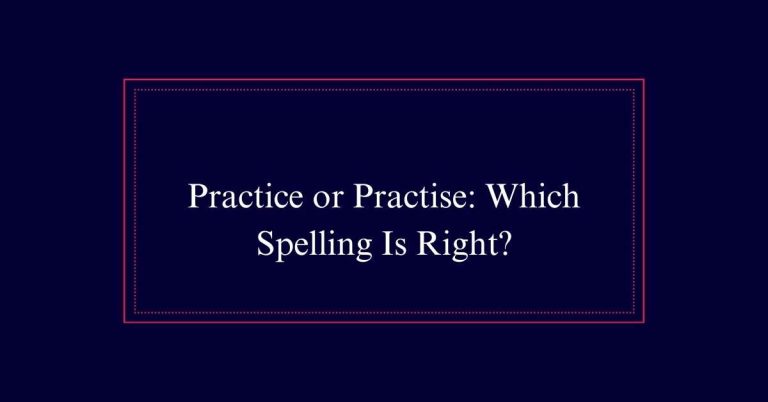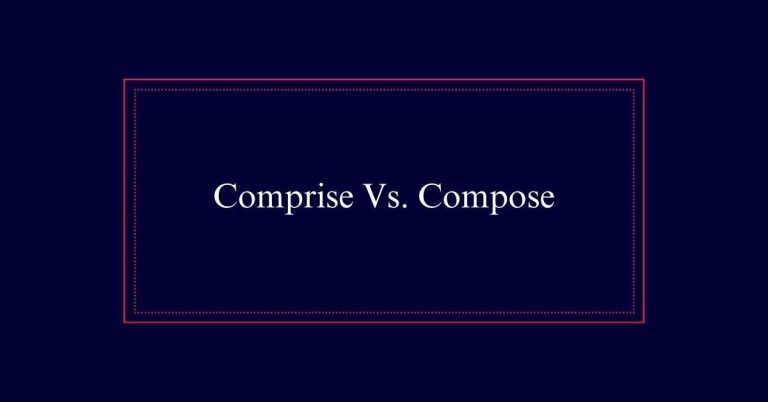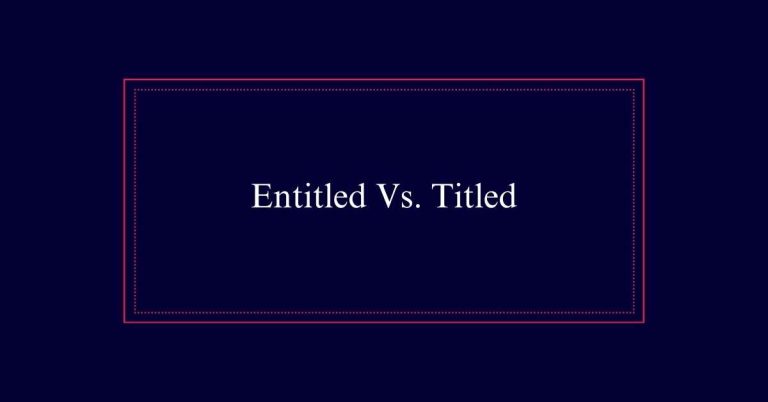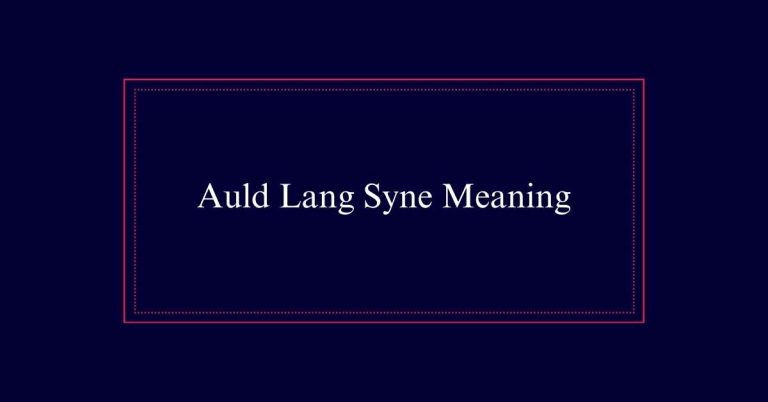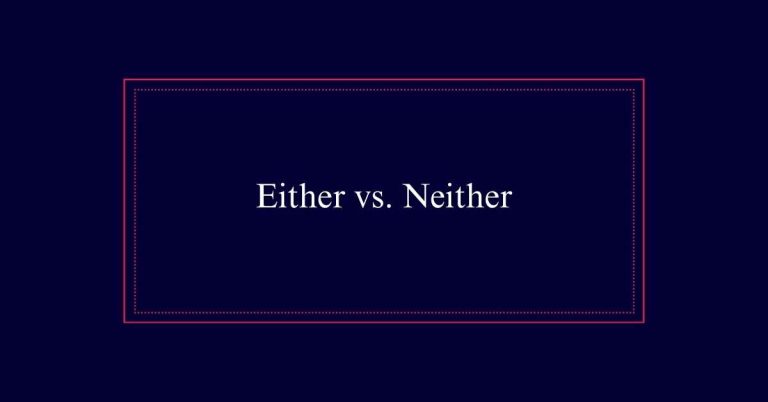What Is Mea Culpa?
“Mea culpa” is a Latin phrase meaning ‘through my fault’. It signifies an acknowledgment of personal responsibility and wrongdoing. Originating from the Catholic Church’s Confiteor prayer, it emphasizes penitence and humility. Over time, it has become a broader cultural expression used in formal apologies.
Definition of Mea Culpa
In essence, ‘mea culpa’ is a Latin phrase meaning ‘through my fault.’ It signifies an acknowledgment of one’s mistake or wrongdoing. The term is classified as a noun and is often used to express a formal apology or acceptance of blame.
In contemporary usage, ‘mea culpa’ extends beyond its Latin roots to convey personal responsibility in various contexts. It is still prevalent in religious settings, particularly during Catholic confessions. However, it has also found a place in everyday language, literature, and media.
People use it to admit errors sincerely, whether in personal statements, public apologies, or even newspaper retractions.
Historical Roots
The origins of ‘mea culpa’ can be traced back to the rituals of the Catholic Church. It emerged as a significant part of the Confiteor, a prayer of confession recited during Mass. In this prayer, worshippers acknowledge their sins and express remorse.
The phrase ‘mea culpa, mea culpa, mea maxima culpa’ translates to ‘through my fault, through my fault, through my most grievous fault.’ This repetitive confession emphasizes personal responsibility and penitence.
Over time, the term transcended religious boundaries. It became a cultural expression used to admit fault and seek forgiveness. Its usage in various contexts reflects an enduring tradition of owning up to one’s mistakes and seeking reconciliation.
Latin Translation
‘Mea culpa’ directly translates from Latin to ‘through my fault.’ This phrase is composed of two Latin words: ‘mea,’ meaning ‘my,’ and ‘culpa,’ meaning ‘fault’ or ‘blame.’
It is a straightforward expression used to acknowledge personal responsibility and admit wrongdoing. In its original Latin, the phrase carries a sense of solemnity and weight. It is often used in a formal context to convey sincere apology or confession.
Catholic Prayer Origin
Originating from the Catholic Church, the phrase ‘mea culpa’ is integral to traditional prayers of confession. It translates to “through my fault” and is a key part of the Penitential Rite. This rite allows believers to acknowledge their sins and seek forgiveness. The phrase underscores personal responsibility and humility in the face of divine grace.
Below is a table highlighting aspects of its origin and use:
| Aspect | Description |
|---|---|
| Language | Latin |
| Translation | “Through my fault” |
| Context | Catholic prayers of confession |
| Purpose | Acknowledgment of personal sins |
| Ritual | Penitential Rite in Mass |
Related Terms
Several related terms have evolved from the same Latin root, each reflecting different aspects of fault and responsibility.
‘Culpable’ means deserving blame, indicating a person’s responsibility for a wrongdoing.
‘Culprit’ refers to someone who is guilty of a crime or fault.
‘Disculpate’ means to clear from blame, showing that someone is not at fault.
‘Exculpate’ is similar, meaning to free from blame or guilt.
‘Inculpable’ describes someone who is blameless or incapable of committing a fault.
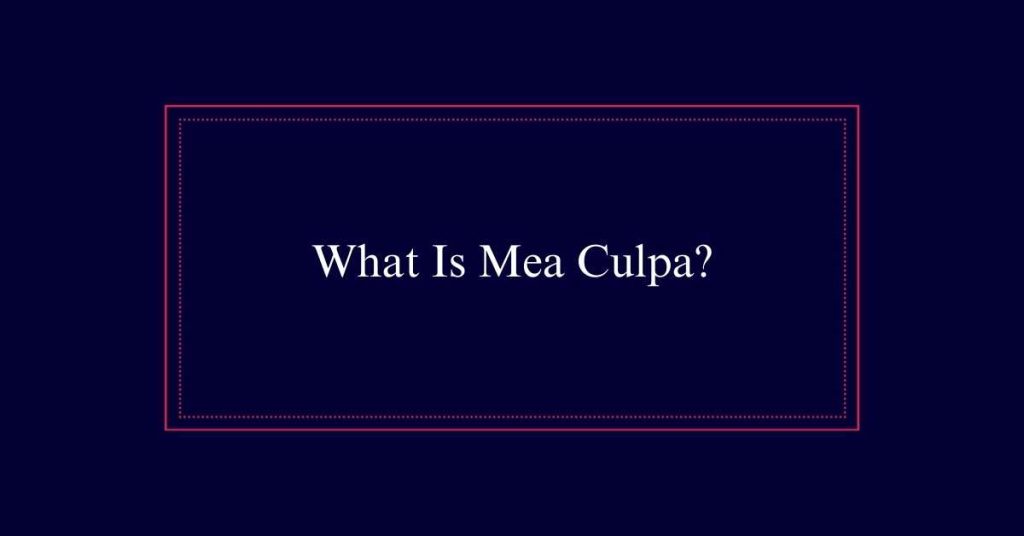
Religious Usage Today
Despite its evolution in language, ‘mea culpa’ retains significant religious importance today. It remains deeply embedded in Catholic practices. The phrase is part of the Confiteor, a prayer of confession, recited during Mass. It emphasizes personal responsibility and penitence before God.
Here are four key aspects of its religious usage:
- Confession: Integral to the sacrament of Penance, calling for reflection and repentance.
- Mass: Recited by the congregation, fostering communal acknowledgment of sin.
- Liturgy: Used in various liturgical texts, reinforcing humility and contrition.
- Spiritual Practice: Encourages believers to recognize and amend their faults.
Literary References
Mea culpa has found its way into various literary works, symbolizing themes of guilt and repentance. Authors use this Latin phrase to explore deep emotional landscapes, often reflecting on personal or societal faults. In Austin Repath’s ‘The Waterbearer,’ mea culpa is integral to the character’s journey of self-realization. Similarly, Andy Thomas McDonald’s poem ‘Mea Culpa’ investigates human fragility and the burden of mistakes. These references enrich the narrative, providing a poignant reflection on human imperfection and the quest for atonement.
| Author | Work |
|---|---|
| Austin Repath | The Waterbearer |
| Andy Thomas McDonald | Mea Culpa (Poem) |
| Various Authors | Numerous Literary Contexts |
Common Apology Usage
In everyday language, people often use the term ‘mea culpa’ to express sincere apologies and acknowledge their mistakes. It serves as a powerful tool for personal and public apologies.
Here are four common ways it is used:
- Personal Relationships: Individuals use ‘mea culpa’ to admit faults and repair relationships.
- Workplace: Professionals use it to take responsibility for errors, fostering trust and accountability.
- Public Statements: Public figures and organizations employ ‘mea culpa’ in official apologies to demonstrate sincerity.
- Media Corrections: Newspapers and media outlets use the phrase to issue retractions and correct mistakes.
Cultural Impact
How has the phrase ‘mea culpa’ influenced modern cultural norms around accountability and responsibility? The phrase has greatly shaped how society views and practices accountability. It has become a powerful tool for expressing sincere apologies and taking responsibility. This Latin term has transcended its religious origins to become a part of everyday language, influencing public figures, corporations, and individuals alike. Its impact is seen in various fields, from politics to business, where owning up to mistakes is increasingly valued.
| Field | Usage | Impact |
|---|---|---|
| Politics | Public apologies | Enhances credibility |
| Business | Corporate responsibility statements | Builds trust with customers |
| Media | Newspaper retractions | Maintains journalistic integrity |
| Personal Life | Personal apologies | Strengthens relationships |
Modern Acceptance
Today, the phrase ‘mea culpa’ is widely accepted and used across various contexts to express genuine apologies and take responsibility. Its modern usage spans from personal interactions to public statements. The term allows individuals and organizations to admit fault and seek forgiveness.
Here are four contexts where ‘mea culpa’ is commonly used:
- Personal Apologies: Individuals use it to sincerely apologize to friends, family, or colleagues.
- Public Figures: Celebrities and politicians employ it to address missteps and regain public trust.
- Corporate Statements: Companies issue mea culpa statements to address errors and reassure stakeholders.
- Media Retractions: Newspapers and media outlets use it to correct inaccuracies and maintain credibility.

